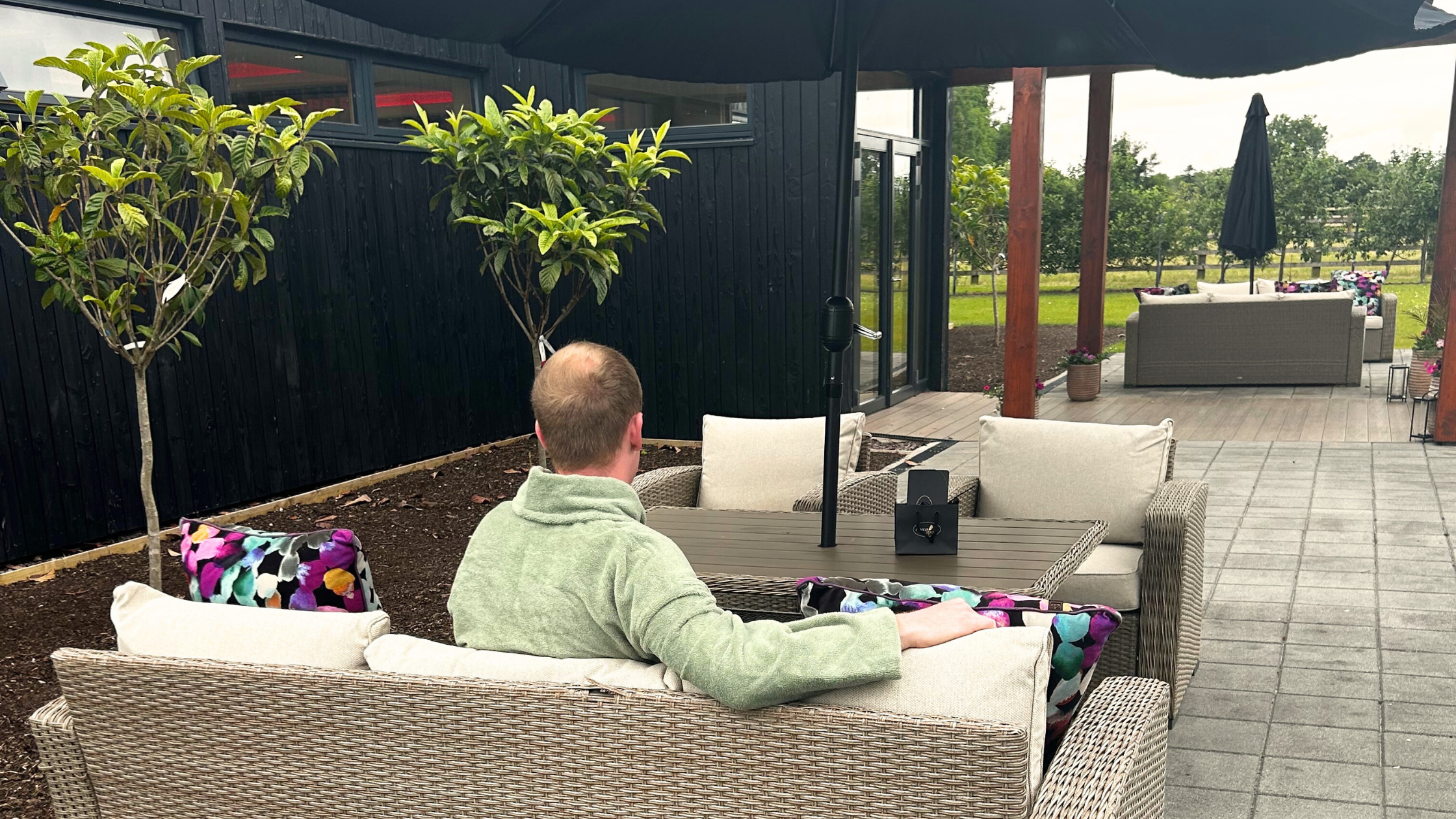
The Vital Role of Rest and Relaxation in Our Lives
In our fast-paced, always-on world, the concept of rest and relaxation often takes a backseat to the demands of daily life. From work deadlines to social obligations, it seems there’s always something vying for our attention. Yet, the importance of rest and relaxation cannot be overstated. They are not mere luxuries but essential components of a healthy, balanced life. Let’s explore why making time for rest and relaxation is crucial for our physical, mental, and emotional well-being.
1. The Physical Benefits of Rest
Our bodies are incredible machines capable of remarkable feats, but they also require downtime to function optimally. When we rest, especially during sleep, our bodies undergo vital processes such as muscle repair, protein synthesis, and the release of growth hormones. Adequate sleep improves cardiovascular health, bolsters the immune system, and helps maintain a healthy weight. Conversely, chronic sleep deprivation can lead to numerous health problems, including hypertension, diabetes, and a weakened immune response.
2. Mental Health and Cognitive Function
Rest and relaxation are equally critical for our mental health. The brain, much like the body, needs time to recuperate. During rest, particularly deep sleep, the brain consolidates memories and clears out toxins. This process is crucial for maintaining cognitive functions like attention, problem-solving, and creativity.
Stress, a common consequence of overwork and insufficient rest, can impair these cognitive functions. Chronic stress has been linked to anxiety, depression, and other mental health disorders. By prioritizing rest and relaxation, we can mitigate these effects, improving our mood and enhancing our overall mental clarity and productivity.
3. Emotional Well-Being and Stress Reduction
Our emotional well-being is intricately tied to how well-rested we are. When we are tired, we are more susceptible to irritability and emotional instability. On the other hand, adequate rest allows us to regulate our emotions better and respond to life’s challenges with greater resilience.
Relaxation practices such as meditation, deep breathing exercises, and yoga have been shown to reduce stress hormones and increase the production of endorphins, the body’s natural mood elevators. These practices not only enhance our emotional health but also improve our overall quality of life.
4. Enhanced Productivity and Creativity
In our work-centric culture, taking breaks can sometimes feel counterproductive. However, numerous studies have shown that regular breaks and adequate rest can actually boost productivity and creativity. When we step away from work and allow our minds to relax, we often return with renewed focus and innovative ideas.
This phenomenon, sometimes referred to as the “incubation effect,” suggests that our brains continue to work on problems subconsciously even when we are not actively thinking about them. Thus, periods of rest are not just downtime but an integral part of the creative and problem-solving process.
5. Strengthening Relationships
Rest and relaxation also play a crucial role in our social lives. When we are well-rested, we are more present and engaged in our interactions with others. This can lead to stronger, more fulfilling relationships with family, friends, and colleagues.
Quality time spent relaxing with loved ones—whether it’s a leisurely walk, a shared meal, or simply sitting together in silence—can deepen our connections and improve our emotional support systems. In turn, these strong relationships contribute to our overall well-being and happiness.
6. Practical Tips for Incorporating Rest and Relaxation
Given its importance, how can we incorporate more rest and relaxation into our lives? Here are a few practical tips:
- Prioritize Sleep: Aim for 7-9 hours of quality sleep per night. Create a bedtime routine to signal to your body that it’s time to wind down.
- Take Regular Breaks: During the workday, take short breaks to stretch, walk, or simply breathe. These breaks can improve focus and prevent burnout.
- Practice Mindfulness: Engage in mindfulness practices like meditation, deep breathing, or yoga to reduce stress and enhance relaxation.
- Unplug: Set aside time each day to disconnect from digital devices. Use this time to read, enjoy a hobby, or spend time in nature.
- Schedule Downtime: Just as you schedule work and social commitments, schedule time for rest and relaxation. Treat it as an important appointment with yourself.
Rest and relaxation are not optional extras but essential components of a healthy, balanced life. By prioritizing these activities, we can improve our physical health, enhance our mental and emotional well-being, boost productivity and creativity, and strengthen our relationships. In the end, embracing rest and relaxation allows us to lead more fulfilling, joyful lives. So, take a deep breath, let go of the hustle for a moment, and give yourself the gift of rest—you deserve it.
